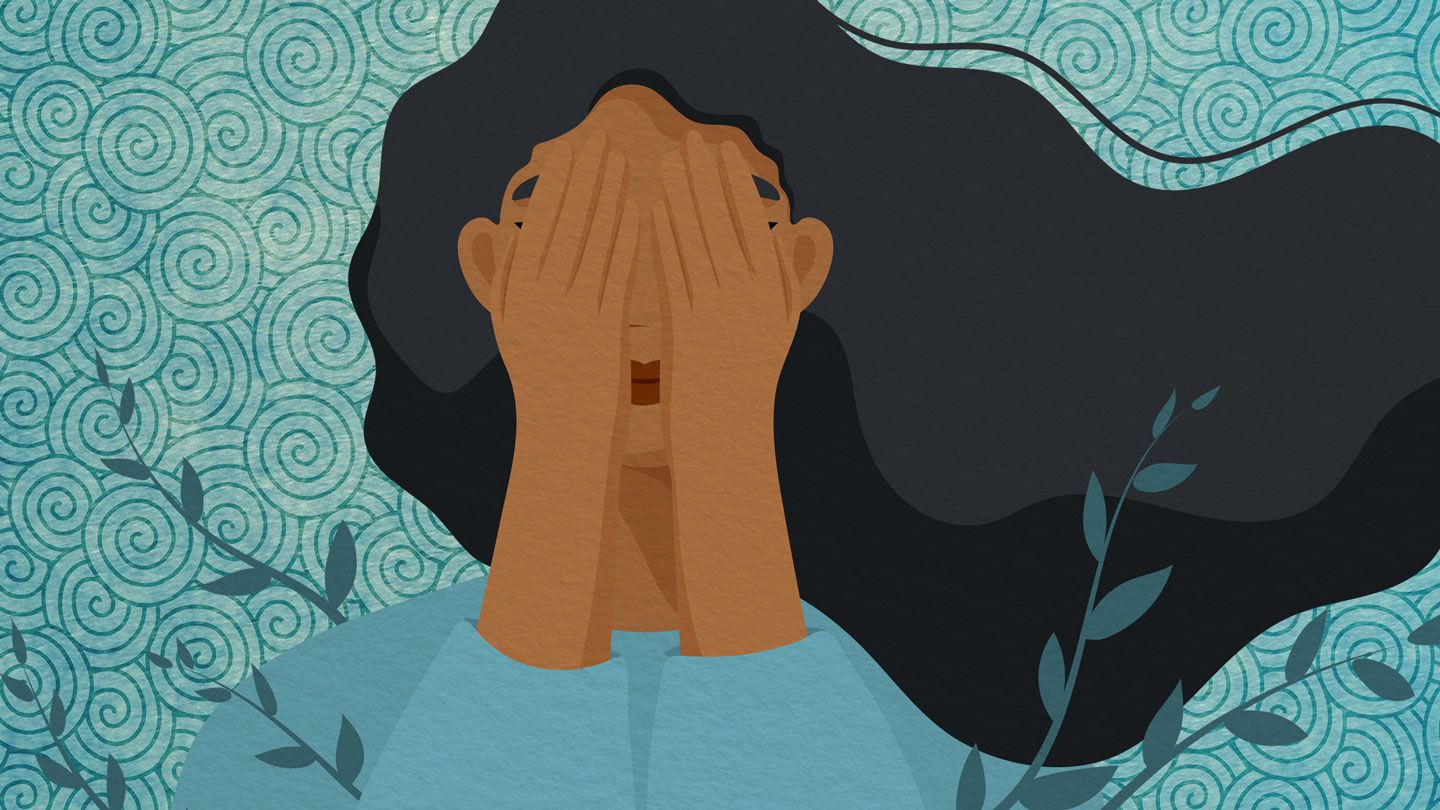
Here are some interesting points about depression and its treatment that a psychiatrist might share with the public:
1. Depression is a real and common mental health condition: Depression is not just feeling sad or down temporarily. It is a legitimate medical condition that affects millions of people worldwide. It can have a significant impact on a person's emotional well-being, thoughts, behavior, and physical health.
2. Depression has various causes: Depression can arise from a combination of genetic, biological, environmental, and psychological factors. It can be triggered by life events such as loss, trauma, or chronic stress. Understanding the potential causes can help individuals seek appropriate treatment and support.
3. Seeking professional help is crucial: If you suspect that you or someone you know may be experiencing depression, it is important to seek help from a mental health professional. Psychiatrists, psychologists, and therapists are trained to diagnose and treat depression effectively.
4. Treatment options are available: Depression is highly treatable, and there are several effective treatment options available. These may include psychotherapy (such as cognitive-behavioral therapy or interpersonal therapy), medication (such as antidepressants), or a combination of both.
5. Medication can be helpful: Antidepressant medications can be beneficial for many individuals with depression, especially in moderate to severe cases. However, it is essential to consult a psychiatrist for a thorough evaluation and to discuss potential risks, benefits, and side effects before starting any medication.
6. Psychotherapy is effective: Psychotherapy, such as talk therapy, can provide individuals with a safe space to explore their thoughts, emotions, and behaviors related to depression. It helps develop healthy coping strategies, improve communication skills, and challenge negative thinking patterns.
7. Lifestyle changes can make a difference: In addition to professional treatment, certain lifestyle changes can have a positive impact on depression. Regular exercise, a balanced diet, sufficient sleep, stress reduction techniques (e.g., mindfulness or meditation), and social support can all contribute to improved mental well-being.
8. Recovery takes time: Overcoming depression is a process that takes time and patience. It's important to remember that everyone's journey is unique, and recovery may involve ups and downs. It's crucial to stay committed to treatment, follow the recommendations of your healthcare provider, and reach out for support when needed.
9. Support systems are vital: Having a strong support network can greatly aid recovery from depression. Friends, family, support groups, or online communities can offer understanding, encouragement, and practical assistance during difficult times.
10. Depression can recur: Depression is sometimes a recurring condition, meaning that individuals who have experienced depression before may be more susceptible to future episodes. Recognizing the signs and symptoms early on and seeking timely support can help manage and prevent relapses.
Remember, these points are for informational purposes and are not intended as a substitute for professional medical advice. If you or someone you know is experiencing depression, please consult a qualified healthcare professional for an accurate diagnosis and appropriate treatment.

